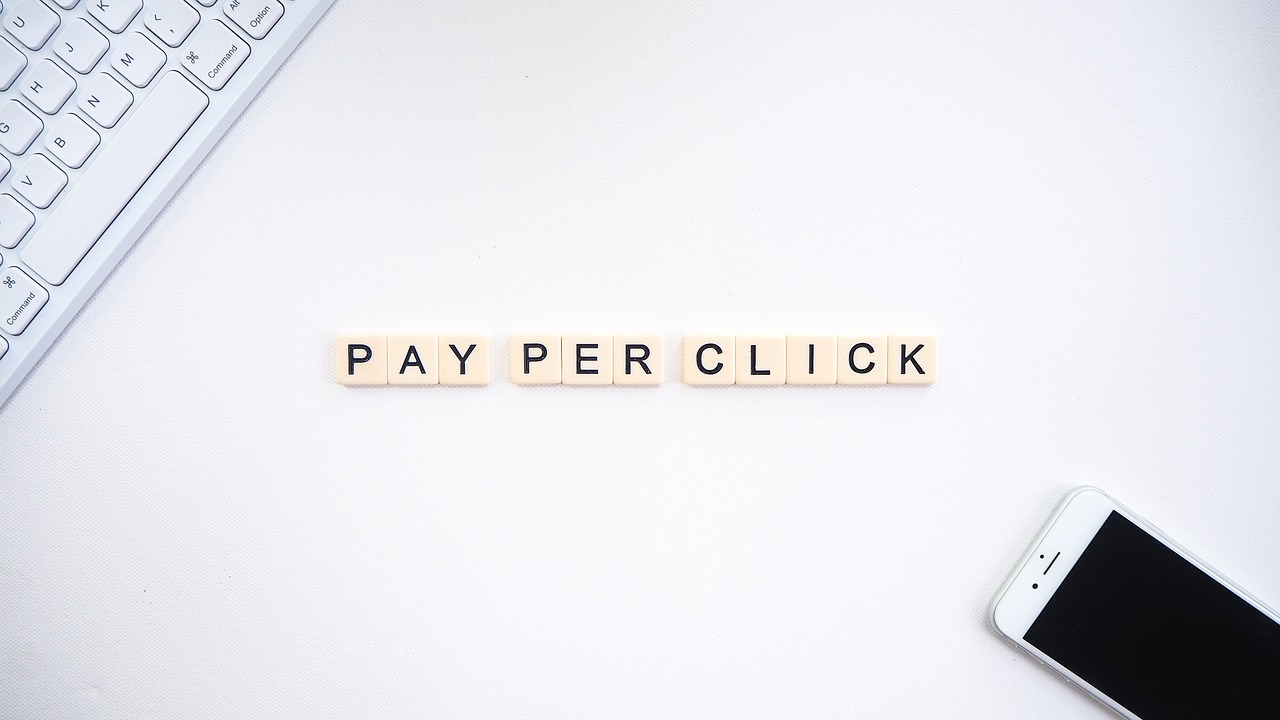It is vital that dealers are aware that PPC should be considered a huge part of their digital marketing activity but they shouldn’t throw all their eggs in one basket. PPC works best when it is planned to work as part of a fully comprehensive strategy and not used in desperation to chase sales aimlessly.
That said, PPC does have numerous specific benefits which can prove effective too, such as:
Highly-targeted website traffic – Providing varying ad copies for unique keywords and demographics should dramatically enhance the calibre of traffic to your website. Dealers can target the best sales periods with PPC ads and select which specific regions to run them in.
Speed to market – PPC ads can be launched quickly, unlike SEO, bringing in targeted traffic and qualified leads straight to your website.
Maximise the Return on your Marketing Investment – The only time you’ll pay for PPC is when an advert is clicked. This makes it easy to keep on top of your costs, work out your ROI and monitor conversions. In order to compare your dealership’s PPC campaign with other marketing strategies, cost-per-conversions are supremely valuable. If data is reported correctly then campaign results can be monitored meticulously.
Reach – Extra traffic can be diverted to your website, increasing your online visibility and ensuring that your dealership establishes itself as an industry leading example.
Testing capabilities – PPC serves as a wonderful way of running low-risk testing for keywords. This helps to determine whether a full site optimization campaign is necessary and indeed worthwhile. It’s also perfect for A/B testing on landing pages. Allowing dealers to direct traffic to various pages on their site to test which ones have the highest conversion rate.
Additional benefits of PPC
Coherence – Dealer’s search marketing communications become rationally connected when using PPC as a strategy.
Consistency – SEO & PPC are not contradictory to one another. Rather both methods are used to support and reinforce the other.
Continuity – Over a duration of time search communications are linked together.
Complimentary – These two search communication channels work better in tandem than they do individually.
What is Best PPC Practice
When possible, all dealer’s PPC campaigns should adhere to best practice so as to ensure the highest possible chance of success. Below are some opportunities to capitalise on best practice.
Keywords
• A mix of generic, long tail, product specific.
• GEO modified keywords.
• Negatives used to ensure incredibly targeted campaigns.
• Fresh keywords will be added regularly based on the search query report.
Adverts
• Every Adgroup will consist of three live adverts.
• Each advertisement will include differing CTA’s and USP’s.
• Adverts with the poorest CTR/Conv rate should be changed and replaced with a new alternative.
Match Types – Mixture of broad, phrase and exact match. Phrase and exact match help to make sure that dealer’s campaigns are targeted and broad match expands reach.
Structure – Number of campaigns depends on the budget and marketing objectives. Click Dealer would generate several AdGroups to ensure keywords are grouped into relevant themes. This then has a huge impact on CTR.
Deep Linking – Adverts and keywords are deep linked to ensure the best possible user journey. This is imperative to achieve the best possible conversion rate.
What Makes a Great PPC Advert?
Advert Title – Wherever possible the advert title should mirror the keyword phrase that has been searched or at least feature the keywords.
URL – The actual destination URL should be reflective of the page URL the customer expects to land on. It may be a trimmed down URL and may not be the URL the end user ultimately lands on. However, the shortened URL should exist and work.
Description – This should be relevant to the search and it should accurately describe the page/product. At the very least tempt the end user towards the page in an honest and relevant way.
Contextual Information – Includes more useful information that Google decides to display that gives the end user further reason to consider clicking. This could be the number of ‘+’ the website has on Google+, the number of reviews or ratings or could even be site links.
Key Elements to Make a Great Landing Page
Page Title – When a potential customer lands on a page they assess whether they are in the right place or not. They need to clearly see that the webpage will help them achieve their purpose. The title of the page (and the landing page URL) will be a vital marker that an end-user will look at to ascertain whether the page is relevant for them.
Imagery – High calibre imagery is essential when looking at the standard and relevance of the product. For browsers looking to buy on dealer websites, the imagery on the page is often the initial thing they assess when determining if they have landed in the right place and with the right dealer.
Description – Just as with the PPC advert itself, the dealer’s description is very important for a potential client to identify if they are in the right place. The description should effectively describe the vehicle and its features or benefits, without being too wordy if possible.
Call to Actions (CTAs) – Potential leads need to be able to take some form of action if they believe that the website was useful to them. Especially if they’ve got the information that they came for. Often this will be a big button to “buy” or “add to basket”. But for a car dealer, this might be buttons such as “contact us”, “arrange a test drive”, or any other action that helps sell the car.
Find Out More
Click Dealer are experts in automotive retail marketing and offer a variety of PPC packages to suit dealerships of all types. Whatever your ambition, Click has the product to suit your aspirations. Contact [email protected] for more details.

